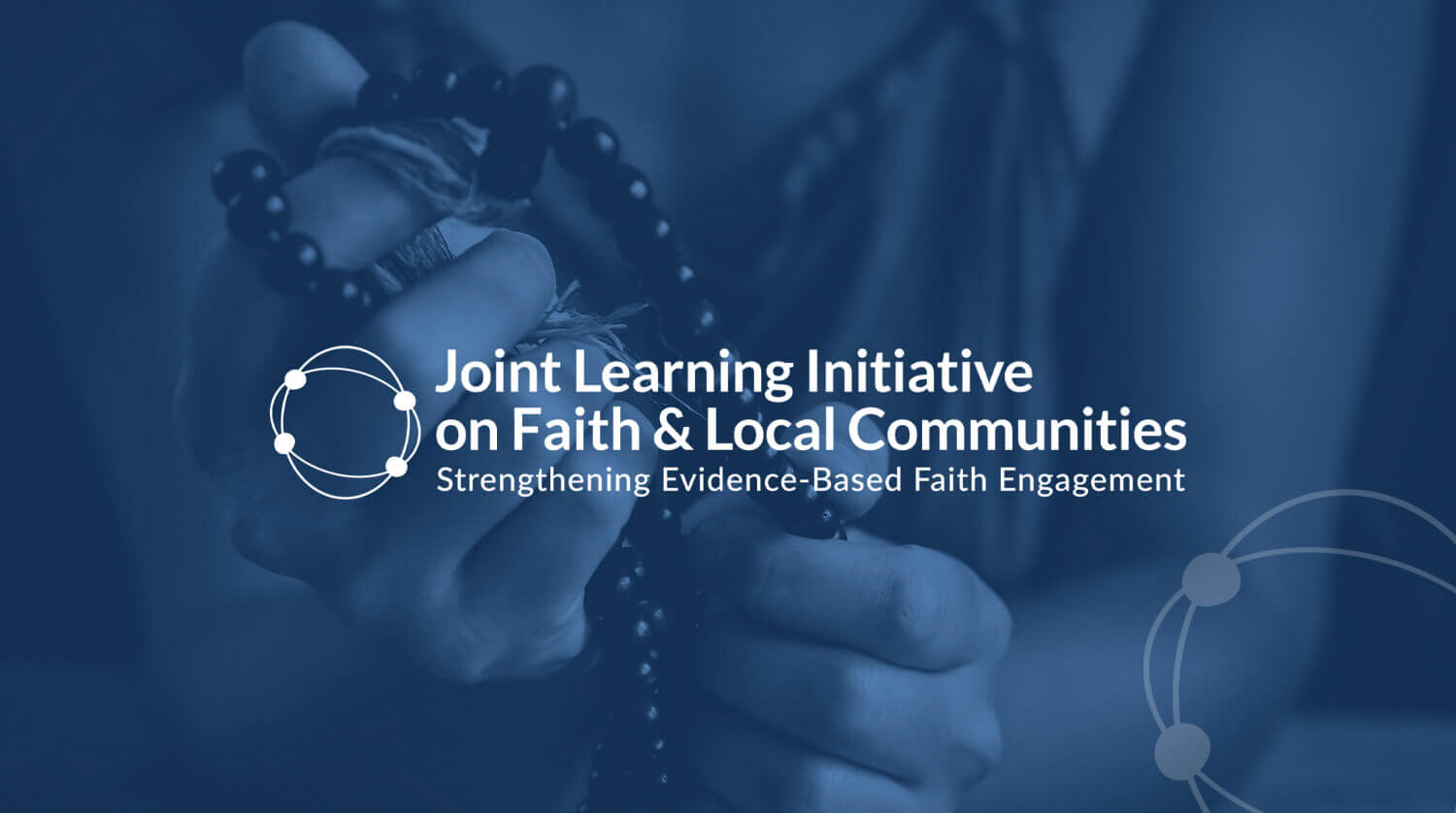The HERDING project
Sustainable development for pastoralist women in India: heritage, dignity and adaptations in times of rapid change.
Public summary
The HERDING project is funded by the British Academy’s Sustainable Development research programme. The programme, which will run for 20 months from October 2018, brings together a range of research projects that are focusing on the importance of heritage and dignity for ‘sustainable development’. They all contribute to a global pledge to ‘leave no-one behind’ that was made when the Sustainable Development Goals were launched in 2015.
The HERDING project focuses on women in mobile pastoralist communities in India. India has a wide range of ecosystems that support mobile animal husbandry, and is home to about 30 million pastoralists. Rapidly changing patterns of land use, alongside pressures to become sedentary, are challenging pastoralists’ livelihoods as mobile animal husbanders. Many pastoralists are becoming more vulnerable to poverty, and changes are affecting men and women differently.
The HERDING project brings together academic disciplines of gender studies, development studies and the sociological study of religion to study the complex transformations of pastoralist women’s lives. It investigates the role that their beliefs and practices play in constructing a sense of shared heritage that links them to the land and their animals; and how this heritage is changing. It provides an opportunity to for pastoralist women, whose voices are less heard than the voices of men, to speak about the roles and importance to them of religion, gender, culture and nature. It asks: ‘How do pastoralist women in India live, perceive and mobilise aspects of their religio-cultural heritage to lay claim to sustaining livelihoods of dignity within and outside mobile pastoralism?’.
The project works with four communities of Hindu and Muslim pastoralists in Gujarat, Maharashtra and Himachal Pradesh. The project partners are the University of Leeds in the UK, and in India the Centre for Pastoralism and four affiliated NGOs who are specialists in pastoralism, and the promotion of women’s wellbeing and empowerment.
The HERDING project aims to advance a view of sustainable development that honours pastoralists’ heritage, interrupts processes of exclusion, and supports India’s Sustainable Development Goal programming.
For further details, please contact Project Team Leader, Professor Caroline Dyer ([email protected]) Co-investigator, Professor Emma Tomalin ([email protected])






